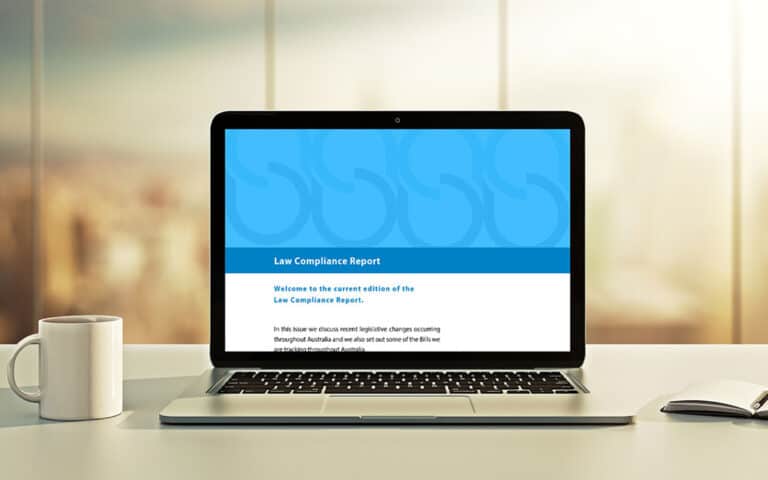This article applies to organisations that provide waste, recycling and resource recovery services.
Circular Economy (Waste Reduction and Recycling) Act 2021 (Vic)
On 1 July 2022, relevant provisions of the Circular Economy (Waste Reduction and Recycling) Act 2021 (Vic) (the Act) commenced.
Background
The purpose of the Act is to introduce a ‘circular economy’ to enable product use to be maximised over its life cycle, and to reduce waste. To facilitate this, the Act establishes a Head, Recycle Victoria, who has the authority to prepare service standards, and the Act introduces certain record keeping requirements.
Compliance with new service standards
Under section 62 of the Act, the Head of Recycling Victoria has the authority to create service standards, which are subject to the approval of the Minister. These service standards can provide for a variety of matters, including separating and sorting specified types of waste and service performance and reporting.
It is our understanding that these new Recycling Victoria service standards are still in development. Recycling Victoria have released a document entitled ‘Recycling Victoria early priorities statement’ which is available for download here. In that document, Recycling Victoria have noted that ‘industry will be further advised and engaged through the various engagement channels outlined in this document as the regulations and standards are developed, and in advance of the commencement of compliance and enforcement requirements’.
Organisations should nevertheless be aware that under section 69 of the Act, a person who provides a waste, recycling or resource recovery service must not, without reasonable excuse, refuse or fail to comply with a service standard that applies to the service. A breach of section 69 incurs a maximum penalty of 500 penalty units for a natural person (currently $92,460), and 1200 penalty units for a body corporate (currently $221,904).
If organisations enter into an agreement for the provision of waste, recycling or resource recovery service, they must incorporate any relevant service standards. Additionally, if they invite applications to enter into these agreements, they must specify the requirement to comply with the service standards in their invitation. If organisations fail or refuse to incorporate service standards into their agreements, there is a maximum penalty of 500 penalty units for a natural person (currently $92,460), and 1200 penalty units for a body corporate (currently $221,904).
Importantly, a waste, recycling or resource recovery service means:
- a service that collects, transports, stores, treats, processes, sorts or recycles waste or recycling materials; or
- a service that collects, transports, stores, treats, processes or sorts materials for resource recovery; or
- a service that disposes of waste; or
- a municipal residual waste service; or
- a municipal recycling service; or
- a service prescribed to be a waste, recycling or resource recovery service.
Record keeping
Under section 114 of the Act, organisations must keep records about the agreements regarding waste, recycle or resource recovery services provided, and any data or reports that relate to risk of failure, disruption or hinderance of the service and any measures taken to eliminate or reduce those risks.
A failure to keep such records will incur a maximum penalty of, in the case of a natural person, 250 penalty units (currently $46,230) and, in the case of a body corporate, 1250 penalty units (currently $231,150).
Exemptions
Finally, we note that the Head of Recycling Victoria may exempt organisations from any regulations or services standards under the Act. In such cases, organisations who are subject to an exemption should ensure they comply with any condition of the exemption. Failure to do so may result in a sanction of 40 penalty units (currently $7396.80).
Conclusion
Once the new service standards become available, organisations should comply with any service standards that apply to their services and agreements and should ensure that they are incorporated into their policies, procedures and agreements. In addition, organisations should update their record keeping procedures to ensure compliance with their new obligations. If organisations are subject to an exemption, they should be aware of any conditions that apply and ensure that they monitor their risks for failure to comply with these conditions.




